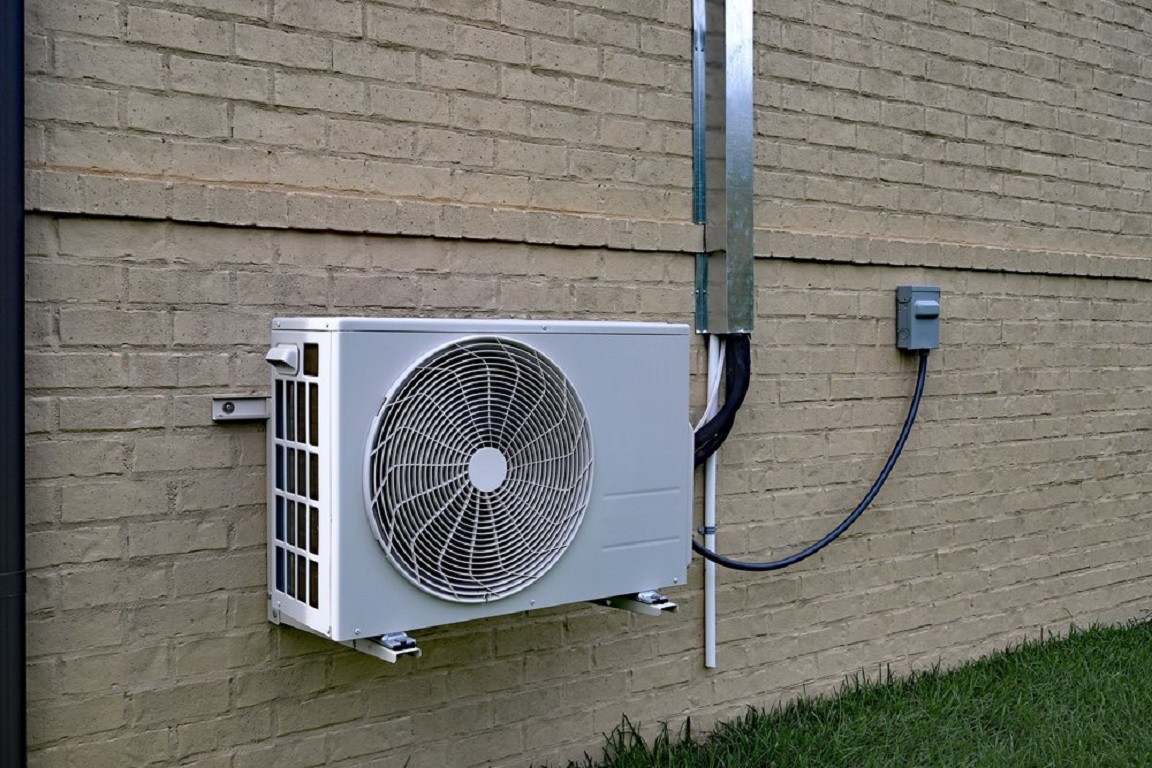11 Dec 2024

Tired Earth
By The Editorial Board

Davide Sabbadin is a climate policy expert at the European Environmental Bureau (EEB).
This autumn, inter-institutional negotiations between EU legislators on the revision of the so-called F-gas regulation, which governs potent non-CO2 greenhouse gases used mainly for refrigeration, will resume.
Despite the urgency to phase these harmful gases out of the market and promote climate-friendly alternatives, the EU’s stances on the pace of this transition remain very far apart.
Notably, the European Parliament advocates an ambitious phase-out plan for F-gases across their diverse applications, aiming for a complete ban. Conversely, the Council argues that keeping them on the market is necessary, especially in the heat pump sector, switchgears and commercial refrigeration, which are heavily dependent on F-gas imports.
Before the swords fly high again in the next round of EU negotiations, expected somewhere around October, it is worth considering what is at stake.
Climate Impact
Considered too technical and not included in the Fit for 55 bundles, the package to bring EU legislation in line with the 2030 climate target, the F-gas regulation has largely flown under the radar. Nevertheless, F-gases constitute a significant climate issue, accounting for approximately 2.5% of the EU’s greenhouse gas emissions – a figure surpassing the total emissions of Ireland.
Few regulations hold the promise of such a resounding climate victory, capable of saving greenhouse gas emissions equal to all EU aviation sectors.
Raw reliance
A slow phase-out of F-gases will continue to lock the EU in a strong dependency on critical raw materials coming mainly from China.
Unless we move quickly and massively to the non-patented, EU-made natural gases which are readily available alternatives, the EU will depend on volatile and non-competitive global markets.
Presently, F-gases are produced mostly by American and Asian companies, with raw materials mined outside Europe. While taken into account by the Parliament, this seems to be an argument largely ignored by many member states whose balance of payments is nevertheless greatly worsened by these imports.
A recent report by the US Department of Energy on critical raw materials highlights how critical the situation is for Western economies, with China dominating 68% of the global production — a situation that looks pretty much the same for the next 8 years.
These companies are, to a large extent, the same ones that produced the previous generation of refrigerants. European countries are again in the hands of a few oligopolists that set the prices of both the old and the new generation of F-gases.
High prices
Oligopolists hold international patents on their specific F-gases that allow them to set prices as they wish. For instance, a reduction step of F-gases introduced by the current EU regulation resulted in a significant and artificially induced price spike, which increased costs tenfold in 2017 and 2018 .with prices ranging above €50/Kg
With decreasing availability and more reduction steps in the quota system, the cost of these gases for both producers and consumers will inevitably rise. In contrast, the prices of F-gas alternatives – natural refrigerants like CO2, ammonia, and refined hydrocarbons (propane, isobutane) – will continue to substantially lower, well below the €5/Kg, among other things because they are not subject to the quota systems.
EU-made alternatives
Natural refrigerants are not only ten times cheaper than corresponding F-gases, but their production is based in Europe.
All these natural chemicals can be obtained either from existing industrial or agricultural processes (CO2, Ammonia) or from existing European refineries, where they are byproducts of other products. The current refining capacity can already meet the present and future needs of the entire EU. Beyond the EU, a competitive market with thousands of producers and distributors of such basic chemicals further strengthens this option.
The EU industry is also leading the global markets in climate-friendly technologies both in switchgear and commercial refrigeration, thus adding to the self-reliance argument.
Renewable heating for all
The potential savings are likely to be particularly large where deep renovation is not feasible or affordable in the short run. In cases where a fossil heating system breaks down, households may look for a cheap form of substitution. It can be another boiler, locking the household into costly fossil fuels for two decades, or a high-temperature heat pump that works in not-yet renovated buildings. This serves as the initial step in a phased renovation process.
Luckily, the vast majority of high-temperature heat pumps (that work with flow temperatures above 55°C and up to 80°C) are now very efficient, EU-made and, most importantly, use natural refrigerants due to better thermodynamic properties.
A win-win story
The most significant achievements in climate action, like the ozone layer’s recovery, have been achieved through bold regulations. Just as ozone-depleting products were banned and removed from the market, it’s time for F-gases to go into the history books too.
Europe has every reason, from climate to economics, to get the title of the first F-gas-free continent. Promoting natural refrigerants will ramp up EU production of climate-friendly heat pumps (that is already taking place, particularly in Italy, Germany, and Central and Eastern European countries), cut raw materials dependency, and lower the cost of renewable heating, particularly for households unable to fully renovate their dwellings at the moment.
The European Parliament has grasped the entire puzzle and is pushing a transformative path, rather than hesitating due to past industries facing economic loss. Central and Eastern European countries, initially opposed to an ambitious roadmap for banning F-gas, should reconsider their priorities: supporting the promising domestic industry of tomorrow or clinging to harmful business as usual.
As we all know, every missed train in the green transition can come back later, but with a higher ticket cost.
Source : euractiv.com
Comment